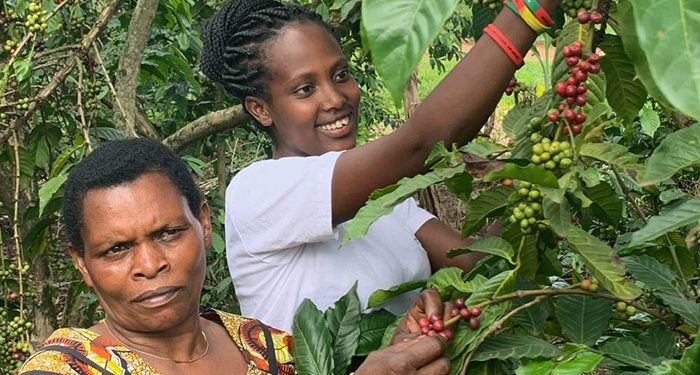By Dorothy Muhawe
Uganda was a British protectorate from 1894-1962. This period was, among others, characterized with the construction of the Uganda railway, cotton ginning, and clothing retail. It was as also during this time that the country suffered a sleeping sickness epidemic.
The fight for independence in Uganda was mostly led by political; groups with major influence from Milton Obote, the leader of the Uganda People’s Congress. On 9th October 1962, Uganda gained its independence from Britain. In 1963, Uganda became a Republic.
Since the time of independence, Uganda has had 7 presidents including H.E Yoweri Kaguta Museveni who has been in power since 1986.
His reign has been the most significant in the history of Uganda. His reign is credited with restoring our economy, after its collapse under Amin, Obote II, and the Okello junta, by guaranteeing peace and security of persons and property.
This peace has not only been in Uganda but has been exported to neighboring countries. The UPDF has constantly been deployed to other African countries for peacekeeping and combat missions.
The government when it came into power had the 10-points program and in the 1990s it put up actions to fulfill the 5th point in its program “Building an independent, modern, integrated and self-sustaining economy.”
Currently, the industrial sector of Uganda contributes 27.6% to the gross domestic product(GDP) with 2% from mining and quarrying, 15.4% from manufacturing, 1.3% from electricity, 2.3% from water, and 6.6% from construction.
Uganda is strongly involved in inter-regional trade as it is a member of the East African Community, COMESA and in 2018 it signed the African Continental Free Trade Area Protocol that aims to create a single continental market for goods and services. This existence in various regional markets has increased trade, investments, and industries in the country.
Uganda is Africa’s leading coffee exporter. Uganda Coffee Development Authority reported that in 2021, the country’s coffee exports were 6.75 million 60 kg bags valued at $719million.
Under the tea sector, Uganda produced at least 110,000 tons of tea in 2021.
During the Dubai Expo 2020, Uganda became the first participant country to publicly announce a raft of new investments. it signed a total of USD 650 million in investment commitments.
Uganda has a liberalized energy sector and has developed the energy market with generation transmission and supply lengths unbundled.
Uganda discovered oil in lake Albert, it is on this account that the country signed an intergovernmental agreement with Tanzania, alongside CNOOC and Total, to build the East African Crude Oil Pipeline – EACOP from Kabaale in Hoima to Tanga on Tanzania’s Indian Ocean coastline.
Our Uganda Railway is being rehabilitated with plans to modernize it into a high-speed modern line over the next few years.
Therefore, Independence is a day we reflect on what was, what is and what can be for the country. My prayer to my fellow youths is that we learn to appreciate the strides made, especially over the past 30 years. Criticism is all good and welcome if only it is based on fact and offers practicable solutions.
I wish you all blessed Independence celebrations.
The writer works with the Ministry of Information, Communications Technology & National Guidance.





